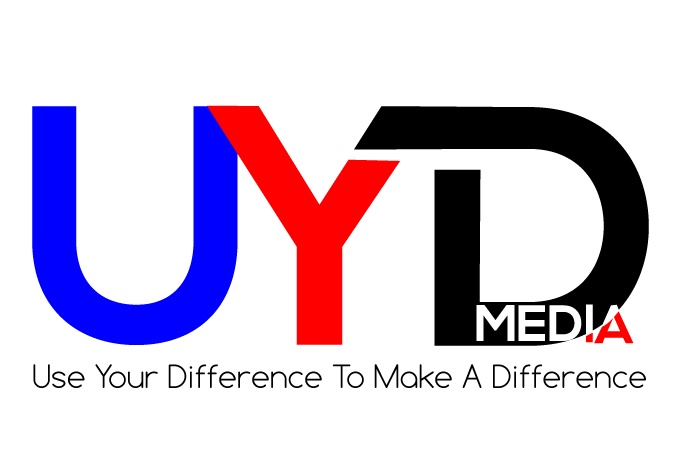In all the cultures I’ve lived in, politeness was always a crucial part of that culture. In Poland, I was taught the magic words, proszę for please, dziękuję for thank you. Even though the Germans are often seen as rude, they are still polite in a rather formal way by addressing everyone with “Sie” as opposed to the informal “Du”.
In Canada, I had to learn that when someone asks me the question “How are you?” I should respond with “I am fine, thank you very much and how are you?” They’re not interested in my day, this is just a way of being polite and small talk is also encouraged.
And then I came to the Netherlands and thought this small country is full of rude, insensitive people. In addition to my polite nature, I am very shy and coming to the Netherlands was quite a shock for me. No one was saying “thank you” or “please”. I remember a specific encounter when I first moved. A waiter in Amsterdam, when taking our orders, said to me “What do you want?”, instead of “What would you like to order?”. It may have been his English (we didn’t speak Dutch back then), but I doubt it. It was definitely something else.
This is when I learned about the famous Dutch directness. The Dutch say it as it is. They will not hesitate to give you their opinions on any matter whether you asked for it or not. They will talk about everything and anything. Drugs, prostitution, euthanasia, etc. Nothing is too taboo for discussion. And sometimes, they will talk about things and even legalize them.
Don’t be surprised to hear the Dutch calling each other “a whore”. Well not exactly what you’re thinking. The word is actually “hoor” and is a kind of filler word like the English would say “isn’t it?” or “right?”. The Dutch often say it instead of “please” or “thank you”. “Give me the salt, hoor”. “Yes, I’d like this jacket, hoor”. Funnily enough, this word that sounds so rude in English, is used to express politeness in the Netherlands.
The concept of maintaining face or protecting feelings is virtually unknown here. You will be told the whole truth, only the truth and nothing but the truth straight to your face. Yes, it is harsh, but I don’t think it is always unkind or impolite. In fact, the Dutch think that being honest is the best way to be polite, no lies (not even white ones), no beating around the bush. If you’re quiet, the Dutch will consider you suspicious- they’ll think you may be hiding something. If you’re trying to use too many words in your quest for being polite (Would you please be so kind so as to…), the Dutch may miss the point. They expect you to be equally open, direct and honest.
Another reason why the Dutch are seen as rude is that they respect themselves. In the US, we hear that customer is king and everyone goes out of their way to accommodate customers. Here, on the other hand it is expected of you that respect both yourself and your profession. Sometimes that means that you have to reject a customer, or tell someone they’re wrong. Even in a work environment, you will always be expected to voice your opinions.
Contrary to what you may think, the Dutch are not rude, they just have a different opinion on what is considered impolite. However, even the so tolerant and open Dutch have things they consider slightly off. Boasting for example, is just not done. It is not polite to tell everyone of your latest successes. You should behave “normally”. As the Dutch say, “Doe maar normaal, dat is al gek genoeg” which means, “Just be normal, that’s already crazy enough”. The idea is that you are never better than anyone else.
And the Dutch expect you to pull your weight, to give back to the community which means that they expect you to help yourself first before they jump in, which is another way they may be seen as rude.
I do not think that is the case. In fact, I see them as a nation I can learn from. I mean, why do we think that being polite is somehow equal with words? It is important to say please or thank you, but actions speak louder than words. And why don’t we just say what we mean? We’re so focused on protecting the other person’s feelings or making them feel good that we forget that it is actually often kinder to tell the truth, even if it’s harsh? And why do we tend to say “yes” when we really want to say “no”. And why won’t we simply say “I don’t want to go” instead of thinking up some excuses for the sake of appearances?
Personally, I am a big believer in politeness but I think that we need to find a middle way between being too polite and too harsh. We need to understand that kindness is not the same as politeness and that there are many ways of being polite. We need to understand that rude people exist everywhere, all over the world and the Netherlands is no exception.
I think it wouldn’t hurt anyone to be at least a little bit more Dutch in their daily lives.
About Olga Mecking
Olga is a Polish woman living in the Netherlands with her German husband. She is a multilingual expat mom to three trilingual children (even though, theoretically, only one is trilingual since she’s old enough to speak). She loves being an expat, exploring new cultures, learning languages, cooking and raising her children. Occasionally, Olga gives trainings in intercultural communication and works as a translator. Otherwise, you can find her sharing her experiences on her blog, The European Mama. She recently co-authored Dutched Up!: Rocking the Clogs Expat Style. Also take some time to visit her Facebook page.




